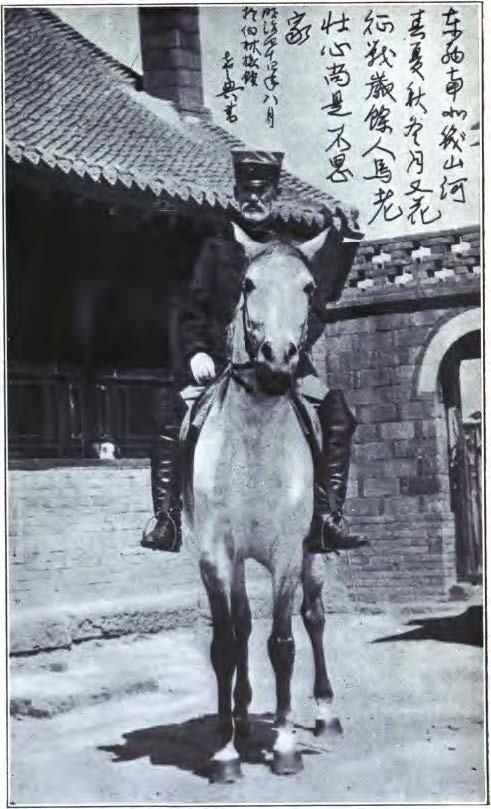
Bushi-no-nasake 武士の情け(compassion of the samurai): Following is a living example of this high samurai virtue in Nogi Maresuke, the famed hero of the Russo-Japan War, formerly a samurai of Choshu:

“Humility in victory is as much of a test of the fineness of a man’s character as is the ability to bear defeat and personal losses in the hour of disappointment at an ambitious plan gone wrong,” wrote Stanley Washburn in Nogi: A Man Against the Background of a Great War (Henry Holt, 1913). Washburn, a war correspondent for an American newspaper, had been with General Nogi when the Japanese forces under Nogi’s command defeated the Russians at Port Arthur in January 1905, a turning point in the war, during which Nogi lost 100,000 men including his eldest son (his other son had died in the same war). Washburn was again with Nogi in Manchuria later that year when news arrived that Admiral Togo Heihachiro (formerly of Satsuma) had crushed the Russian Baltic fleet in the Battle of the Sea of Japan. While Nogi’s staff and other generals and officers of the Japanese Army celebrated the news with champagne, Nogi reminded all present (in words Washburn heard from a Japanese Army interpreter) “that our enemy have had great misfortune for their portion, and as we drink to our victory, let us not forget our enemy in the hour of his distress. We must recognize in them worthy foes who have met death in a cause into which they have been unjustly forced. Let us drink with reverence to our own heroes and with sympathetic respect to our fallen foes.”
